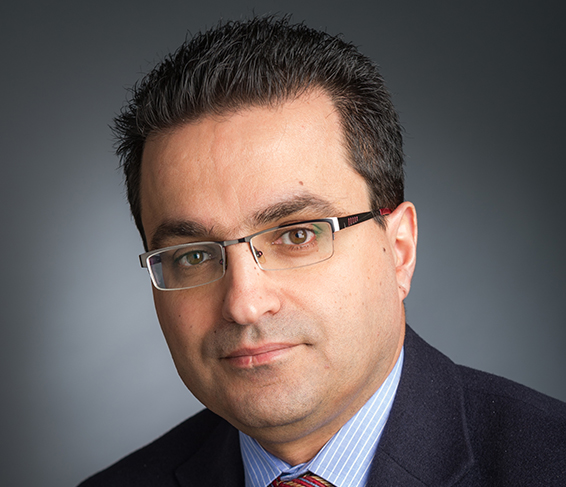Vaccination to protect girls and young women against the human papilloma virus (HPV) began in 2006 in the United States, and since then guidelines for who should receive the vaccine have been broadened: the HPV vaccine is now recommended for all young people.
What is human papilloma virus (HPV)?
HPV, which can cause cancer, is the most common sexually transmitted infection in the United States and is often acquired soon after a person begins sexual activity. About 42.5 million Americans are infected with HPV and more than 13 million new infections occur annually.
Which types of cancer can be caused by HPV?
Infection with HPV can lead to the development of cervical cancer, as well as vulvar, vaginal, penile, anal, and oropharyngeal cancer, which occurs in the middle part of the throat. Vaccination against HPV lowers the risk of these cancers.
Who should get the HPV vaccine?
The U.S. Centers for Disease Control and Prevention recommends young people be vaccinated at age 11 or 12, to protect them from the virus prior to their first exposure.
The vaccine is recommended for children as young as 9, and for young women through age 26 and young men through age 21. Men who have had sexual contact with other men or who have weakened immune systems may receive the vaccine through age 26.
The federal Advisory Committee on Immunization Practices (ACIP), a committee within the U.S. Centers for Disease Control and Prevention (CDC), now recommends that teenagers age 9 to 14 receive two doses of the HPV vaccine over six to 12 months, instead of the original recommendation of three doses. Teens and young adults who initiate vaccination at age 15 through 26 should receive three doses over six months.
Should I get vaccinated for HPV if I haven’t and am older than 26?
For adults aged 27 through 45 years, the public health benefit of HPV vaccination is minimal, as most sexually active adults have already been exposed to HPV — although not necessarily all of the HPV types targeted by vaccination.
Some organizations, such as the American Cancer Society, don’t recommend vaccination against HPV after age 26 because it hasn’t shown benefit past that age, mainly because by age 26 most young adults have already been exposed to HPV.
A CDC report recommended “catch-up” HPV vaccinations for all persons through age 26 who did not receive vaccinations at age 11 or 12. For adults aged 27 through 45 years, the CDC recommends shared clinical decision making between patients and their providers because some persons who are not adequately vaccinated might benefit.
“Whether the vaccine works in older patients has not been tested on a large scale so far,” says Robert Haddad, MD, disease center leader of Dana-Farber’s Head and Neck Oncology Program, who stresses the importance of vaccinating early before any exposure to HPV. “The best age to vaccinate is 11 or 12, which is what I tell my patients with young kids.”
Most sexually active adults have already been exposed to HPV, although not necessarily all of the HPV types targeted by vaccination. At any age, having a new sex partner is a risk factor for getting a new HPV infection. People who are in a long-term, mutually monogamous relationship are not likely to get a new HPV infection.
About the Medical Reviewer

Dr Haddad received his MD Degree from St. Joseph University French School of Medicine in Beirut. He completed his residency in internal medicine at St Luke's Roosevelt Medical Center in New York City, and completed a fellowship in hematology oncology at the University of Maryland Cancer Center in Baltimore.

Can you have HPV head/neck cancer more than once? In other words: treated successfully ten years ago (surgery of tonsil/neck lymph nodes; treatment- chemo and radiation) and cancer free.
Simply wondering if a new case of HPV of the head/neck is probable? (Wonder how HPV is ‘eliminated’ by some and not others.)
Thx very much.
Hi there,
Thank you for reading. The answer below is from Glenn Hanna, MD, director of Dana-Farber’s Center for Salivary and Rare Head and Neck Cancers:
“In theory, if someone has multiple high-risk subtypes of HPV (like exposure to type 16 and later 31) they could develop two separate primary oropharyngeal cancers… but this would be exceptionally rare and not something I’ve encountered in practice. I do sometimes have patients who are treated for HPV+ head and neck cancer who later elect to pursue vaccination after treatment ends. We don’t know if this is helpful but in theory it may protect against a future new event and/or provide some therapeutic benefit long-term — both hypothetical.”
We hope this is helpful.
Wishing you all the best,
DFCI